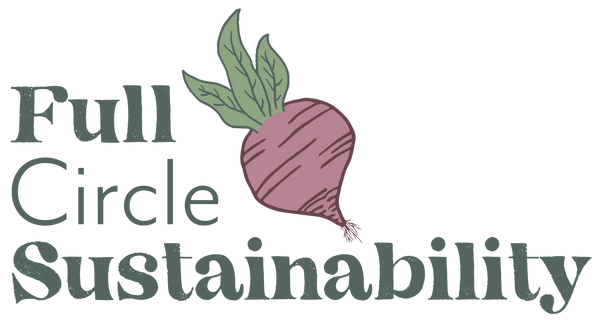
Rethinking Returns
When it comes to retail returns, we are living in the best of times and the worst of times.
Returns are easier than ever before, and we’ve come to rely on them. We buy clothes in three sizes and return the ones that don’t fit. We feel confident giving presents when we can include the gift receipt.
That’s the great part. Getting your money back. Keeping the unwanted stuff from sitting around in your home. Giving a business the chance to sell it again. Making sure everyone gets the gift they want.
The problem is, easy returns—mixed in the consumer cauldron with online shopping and fast fashion—have created a nightmare situation for retailers and for our planet. Americans return a lot of what we buy online—estimates range from 15% to 30%. And only about half of that is resold by the original retailer. Some goes to outlet stores or is donated to charity. But plenty more ends up being destroyed: burned or chucked in the actual trash.
Processing returns is time-consuming for retailers, and it’s expensive. It’s not something we can easily relegate to robots or outsource to a foreign country. Paying U.S. wages to real humans to smell the armpits of the shirts you sent back means that it’s often cheaper for companies to send it to the landfill. Even if the items are sold again, returns mean extra transportation. Back-and-forth shipping, trucking it around to processing facilities and outlet stores and bulk liquidators, then shipping it out to new customers...all that transportation adds up. The returns process accounts for around a quarter of all emissions related to online sales.
We’re not saying you shouldn’t ever return anything. No one wants the burden of keeping around things they do not want. The best strategy is to be mindful when shopping so you can avoid returns to begin with. A few tips to do that:
- Shop at brick-and-mortar stores (ideally locally owned or secondhand). That way you can see things and try them on. And if you have to return something to the store, there’s at least a chance it will be resold at that same location. (Though chances are also good it will be sent to a separate facility to be processed with other returns.)
- Avoid giving gifts that are likely to result in a return. Give experiences and services instead of physical things unless you truly know exactly what the other person wants.
- Learn all you can about a product before buying it online. Go through the description carefully. Check sizing charts. Read the reviews. Look for red flags.
- Be extra careful with anything trendy. If the item you bought in July will be out of season by September and out of style next spring, you can bet it's not actually going to be resold.
- Avoid impulse buys by taking a pause before hitting “check out.” Wait until morning, wait a full day, wait a week…whatever it takes so you’re really sure you want the thing you're about to buy.
- Don't "penalize" retailers who charge for returns. Retailers are in a real pickle with the free-returns situation they have created. To compensate for the financial loss ($5-$25 to process a single return), they raise their prices or use cheaper materials. Some have started charging for returns, but this is hard to do in a retail environment where consumers won't buy if returns aren't free—and where all the other businesses offer free returns. Consider helping break the stalemate by supporting companies who ask the customer to pay for return shipping.
Returns give us a sense of power and comfort as the consumer. But since we can't control what happens with the stuff we ship back, we're still at the mercy of sellers and manufacturers. The way to really take back power is to change our own behavior, being intentional and careful about what we buy in the first place. Hopefully some of those small steps will begin to change the retail climate overall.
-Justine
Cover image by Freepik
Further Reading/Listening:
What Happens to All the Stuff We Return (David Owen, The New Yorker)
What Really Happens to the Clothes We Send Back (TED Radio Hour podcast)
You're Getting Screwed by Free Returns (Climate Town YouTube video) (This is a funny and informative video, but it should probably come with a curse-word warning!)



